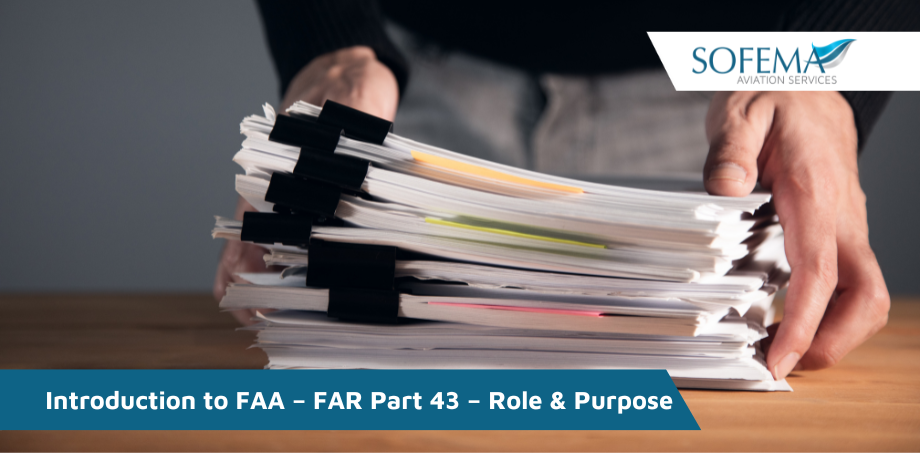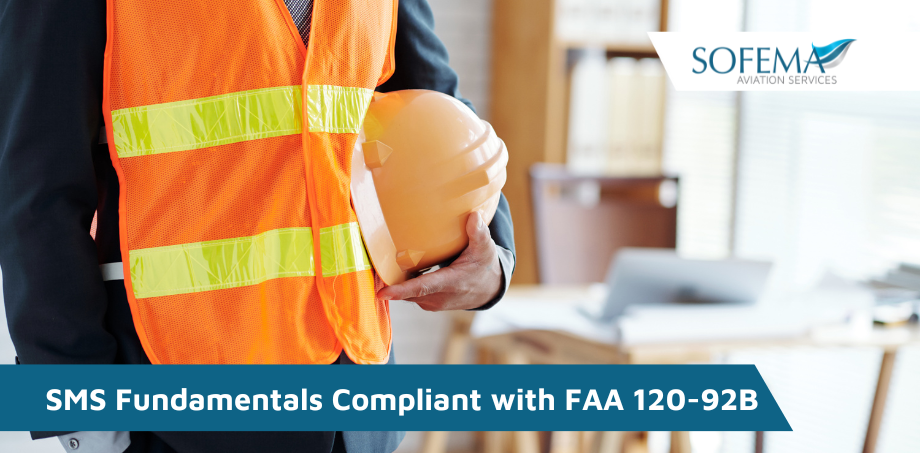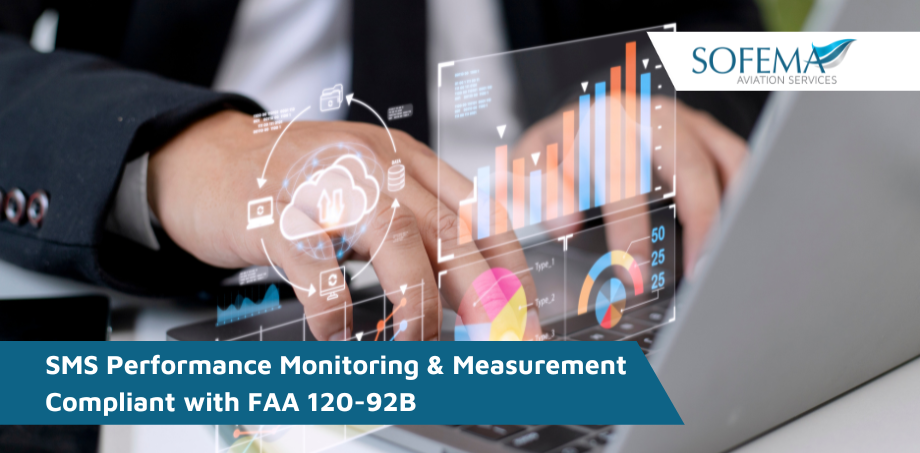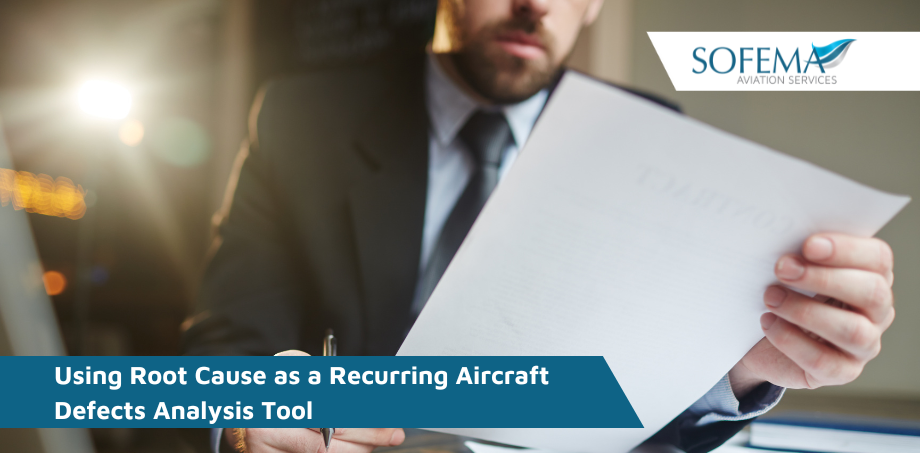
Sofema Aviation Services (SAS) considers the applicable elements of FAR Part 43 and their role & purpose Note this information is summarized and focused on large aircraft. Introduction – FAR Part 43 – Maintenance, Preventive Maintenance, Rebuilding, and Alterations Structure & Layout of Part 43 43.1 – Applicability 43.2 – Records of overhaul and rebuilding…






